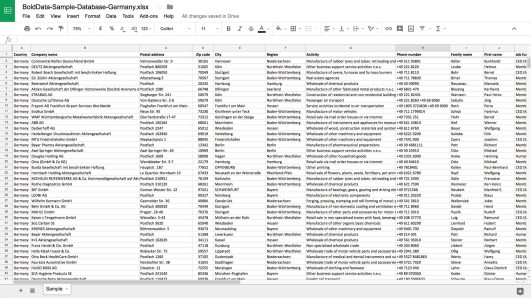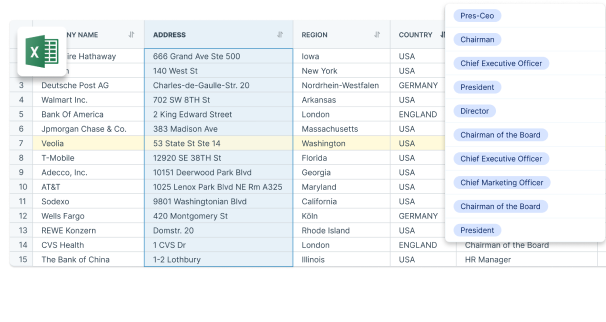In an era marked by unprecedented digital transformation and exponential data growth, protecting sensitive information has become a top priority for businesses worldwide. The Data Privacy Act, often shrouded in complexity and ambiguity, serves as a cornerstone for ensuring the confidentiality, integrity, and availability of data. In this guide, we’ll demystify the Data Privacy Act, explore its implications for businesses, and provide actionable insights to help you navigate regulatory requirements and safeguard your organization and customers’ data.
Unveiling the Data Privacy Act
The Data Privacy Act, also known as data protection legislation, encompasses a set of laws, regulations, and guidelines designed to govern the collection, use, processing, storage, and transfer of personal data. These regulations aim to protect individuals’ privacy rights, promote transparency and accountability in data handling practices, and mitigate the risks associated with unauthorized access and misuse of data.
Why the Data Privacy Act Matters for Your Business
- Legal Compliance: Compliance with the Data Privacy Act is not only a legal requirement but also essential for maintaining trust and credibility with customers, stakeholders, and regulatory authorities.
- Risk Mitigation: Adhering to data privacy regulations helps mitigate the risk of data breaches, cyberattacks, and regulatory penalties, reducing financial losses and reputational damage.
- Customer Trust: Demonstrating a commitment to protecting individuals’ privacy rights fosters trust and confidence with customers, enhancing brand reputation and loyalty.
- Global Reach: With the proliferation of digital technologies and global connectivity, compliance with data privacy regulations is essential for businesses operating across multiple jurisdictions to ensure consistency and alignment with regulatory requirements.
Challenges of Data Privacy Act Compliance
- Complex Regulatory Landscape: Data privacy regulations vary across jurisdictions, making it challenging for organizations to navigate and interpret diverse legal requirements effectively.
- Data Management Complexity: Managing and securing vast amounts of data while adhering to regulatory requirements poses significant challenges for businesses, particularly those with complex data architectures and legacy systems.
- Resource Constraints: Limited resources, including budget, expertise, and technology infrastructure, may hinder businesses’ ability to implement robust data privacy compliance programs effectively.
Actionable Strategies for Data Privacy Act Compliance
- Conduct Regulatory Assessments: Stay informed about relevant data privacy regulations applicable to your business operations. Conduct regular assessments to identify compliance gaps and develop tailored strategies to address them.
- Implement Privacy by Design: Integrate privacy considerations into the design and development of products, services, and business processes. Adopt privacy-enhancing technologies and practices to minimize the collection and processing of personal data and enhance data protection measures.
- Enhance Data Security Measures: Implement robust data security measures, including encryption, access controls, and data anonymization techniques, to protect sensitive information from unauthorized access and disclosure.
- Provide Employee Training: Educate employees about their roles and responsibilities in ensuring data privacy compliance. Offer training programs and resources to raise awareness of data privacy risks and best practices for safeguarding sensitive information.
Hypothetical Example:
Imagine you’re a data quality manager at a multinational corporation grappling with compliance challenges amid evolving data privacy regulations. By partnering with BoldData, you gain access to comprehensive data solutions and expertise to navigate complex regulatory landscapes effectively. Leveraging BoldData’s global database, you can ensure compliance with the Data Privacy Act, mitigate risks, and protect your organization’s reputation and assets.Conclusion:
In conclusion, the Data Privacy Act serves as a critical framework for protecting individuals’ privacy rights and promoting responsible data handling practices by organizations. By understanding the implications, implementing robust compliance programs, and leveraging BoldData’s trusted database solutions, businesses can navigate regulatory complexities, mitigate risks, and build trust with customers and stakeholders.
Call to Action:
Don’t wait until it’s too late—ensure compliance with the Data Privacy Act and protect your business and customers’ data. Contact BoldData at +31(0)20 705 2360 or sales@bolddata.nl to learn more about our data solutions and how we can help you safeguard your organization’s future. Take the first step towards data privacy compliance today.

